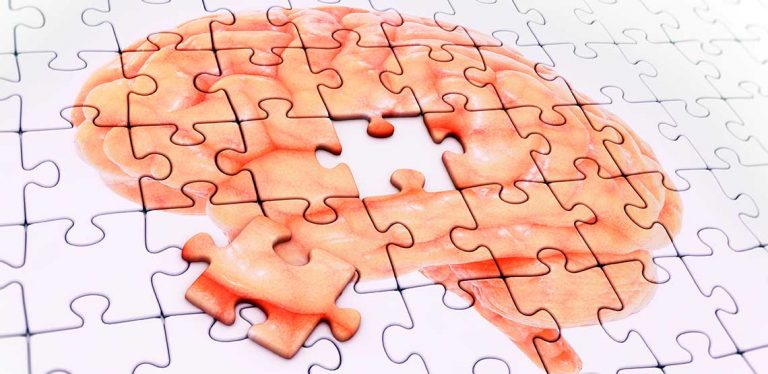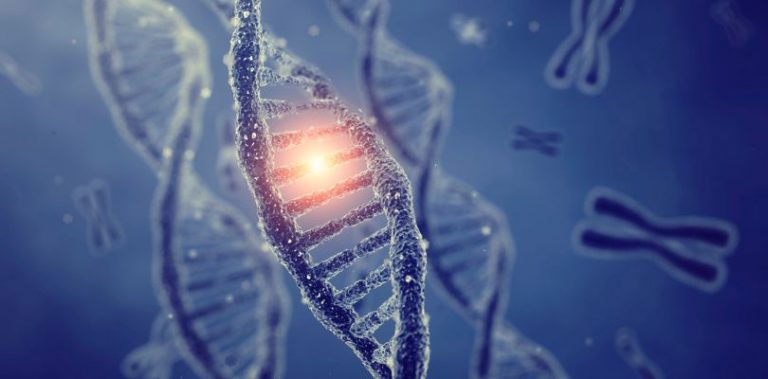What is the Difference Between Dementia and Alzheimer's?
Diseases and disorders that impact mental health can be incredibly stressful for the victim and their family. While many of these diseases are unavoidable or irreversible, learning more about specific diseases will help prepare you for the journey and offer insight into managing symptoms. In this article we answer the question, what is the difference between dementia and Alzheimer’s? We analyze and contrast their symptoms and treatments.
Especially when dealing with older populations, there are two terms that often come up: dementia and Alzheimer’s disease. Although these terms describe similar phenomena, they are not the same thing.
Understanding the difference between dementia and Alzheimer’s is a crucial step towards learning how to handle the specific case at hand.
What is Dementia?
Dementia is not a specific disease at all. Instead, it is an umbrella term that refers to any disease that involves significant mental decline. By “significant,” the mental decline is recognized as severe enough to interfere with daily life.
As someone ages, a little cognitive decline is expected. This is a normal part of aging. Dementia refers to a condition where mental decline is due to damage to brain cells and not simply getting older. You should not panic the first time you forget a special date or have a jeopardy answer on the tip of your tongue.
These incidences are more than simply forgetting someone’s birthday every once in a while. These cases involve things such as regularly forgetting where someone is or even who people are. This condition is not only devastating, but it can be dangerous when victims forget to lock their door or leave the stove on.
There are many different types of dementia out there, and an individual can suffer from one or more at the same time. While dementia and Alzheimer’s are not the same disease, Alzheimer’s is the leading cause of dementia. Experts speculate that 60% to 80% of dementia diagnoses are due to Alzheimer’s.
What is Alzheimer’s?
Alzheimer’s is a specific disease that results in dementia symptoms that only get worse as time goes on. In the early stages, the disease manifests as an inability to form new memories or take in new information.
Advanced symptoms are often more troubling. They include more severe symptoms such as confusion and behavioral problems. It’s a devastating condition that often impacts the personality and leaves sufferers frustrated with their situation.
Victims have issues performing bodily functions in the final stages, such as complications swallowing, speaking, and intentional movement. Although much research is dedicated to investigating the mechanisms of Alzheimer’s and how to control it, it is currently incurable. Experts still consider it a disease that cannot be cured.
How Do You Tell the Difference Between Dementia and Alzheimer’s?
Dementia refers to a number of conditions resulting from brain deterioration. What separates Alzheimer’s from other forms of dementia is the specific type of brain damage occurring. There are two abnormal structure characteristic of Alzheimer’s disease – plaques and tangles.
- Plaques are protein fragment buildups of beta-amyloid that form between nerve cells.
- Tangles are another protein buildup. They’re “tangled” fibers of a specific protein called tau that forms within cells.
Related Search Topics (Ads)
These structures are what researchers believe are responsible for symptoms. They kill nerve cells in the brain and do more damage as the disease progresses. While these structures appear in the brains of healthily aging individuals, those who have Alzheimer’s grow these structures in a particular way. Victims’ brains tend to have more of these structures, and they grow in a particular pattern.
In Alzheimer’s patients, the structures begin to form in the regions of the brain associated with learning and spread from there in a way that mirrors the progression of symptoms. For doctors to definitively know that someone is suffering from Alzheimer’s Disease, they need to look inside your brain. In other words, they do not know for sure until after an autopsy is conducted following a patient’s death.
This does not mean that physicians cannot try to diagnose Alzheimer’s before then. There are several biomarkers and tests that physicians conduct to determine the likelihood that someone is suffering from Alzheimer’s.
If a physician believes that a patient likely has Alzheimer’s, they may prescribe specific drugs to help with the memory symptoms or behavioral shifts. These include drugs like:
- Cholinesterase inhibitors
- Memantine
- Antidepressants
The best thing loved ones can do is create a supportive environment for Alzheimer’s patients to feel safe and comfortable.
If you believe you or a loved one is suffering from cognitive decline, get in touch with a physician immediately for expert advice.

